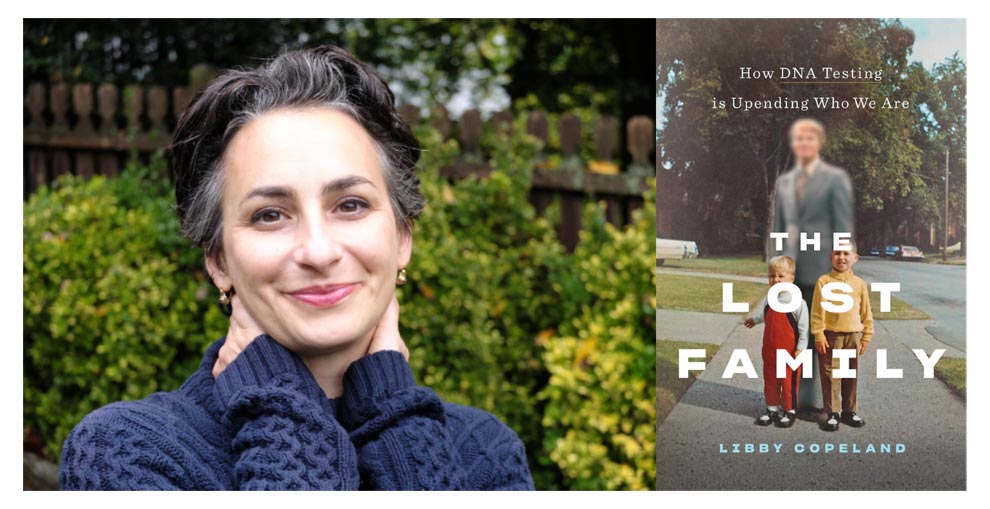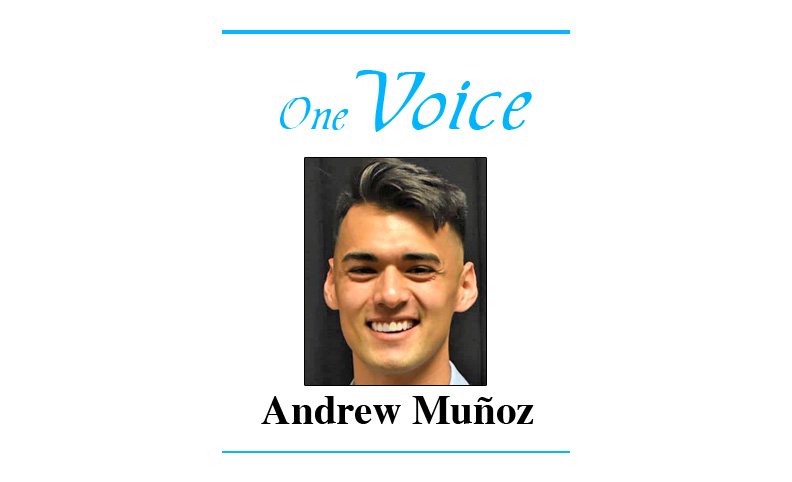

Who am I?
It is a question everyone tends to ask at one point in reflection of self. For some, the question is philosophical, pertaining to social identity and a role in the grand scheme of life. For others, the problem begs for a more scientific solution. As technology and time advance, large corporations have commercialized this solution, prompting one journalist to investigate the unknown trajectory of this technology.
Libby Copeland, award-winning journalist and author, logged onto Zoom with Cailin Cullen, adult services librarian at Santori Library, to talk about this question amongst many others that arose during her interview December 8 about her new book, “The Lost Family: How DNA Testing Is Upending Who We Are.”
The journalist wrote her book after embarking on an investigation into the unknown ramifications of at-home DNA testing on the world and how massively life-altering they can be. Whether you are researching your family heritage out of pure curiosity, suspicion of family secrets, or because you received an at-home test kit as a holiday gift, the moment you spit into that vial or swab your cheek, you are participating in arguably the world’s largest social experiment.
There are obvious questions that arise when one first begins to ponder the infinite wonders of deoxyribonucleic acid (DNA) – Who am I? Where is my family from? However, Copeland noticed these questions never stay afloat at the surface level of this ocean-sized topic: Are there any illnesses I should worry about? What secrets are my family keeping from me? Is my family really my family?
We all think we have a sense of who we really are, regardless of any DNA test. Some persons outright deny the results of these at-home test kits. Others yearn to dig deeper into this new and tantalizing information. New questions may arise – How much information and data do companies such as 23andMe have on all of us? If I know about other people who have taken this test, do they know about me? What right to privacy do I have?
There is no limit to the number of questions that can arise when someone embarks on this journey. It means the number of potential outcomes for the world as a result of the mass commercialization of at-home DNA testing are also seemingly infinite.This begs the question of whether the world will adopt more of a collectivist mindset as our pre-conceived notions of who we are crumble, or will our newfound uniqueness drive us to become more individualistic? Copeland paused and pondered for a moment, a question she seemed to have asked herself in the past.
“That’s a complicated question that we do not have the answer to at this point,” Copeland explained. “One thing that does appear to be the case is that genetic literacy appears to play a role in how people interpret their results and how they see them as reifying or reinforcing people’s sense of racial differences and racial essentialism or uniting us and making us see how alike we are. Those people who have more of an understanding of DNA and genetics are often the ones who walk away with a stronger sense of commonality to others.”
This rabbit hole of information can be scary to people – where to begin, how to start, how to deal with previously unknown family history. But if Copeland’s predictions of increasing genetic literacy rates around the world are accurate, then the rabbit hole can be transformed into a wonderful world of exploration into what it means to be yourself, apart of your family, and apart of the global community.
If you have ever been curious about your own family lineage, the Aurora Public Library District has resources such as the Emma and Robert Wegman Local History Room, an excellent place to begin your regional and family history search. You can learn more about this resource by visiting aurorapubliclibrary.org/genealogy–local-history. Did you miss this program? Watch a recording of this program and many more at aurorapubliclibrary.org/virtual-programs.
Andrew Muñoz is communications coordinator at the Aurora Public Library.

